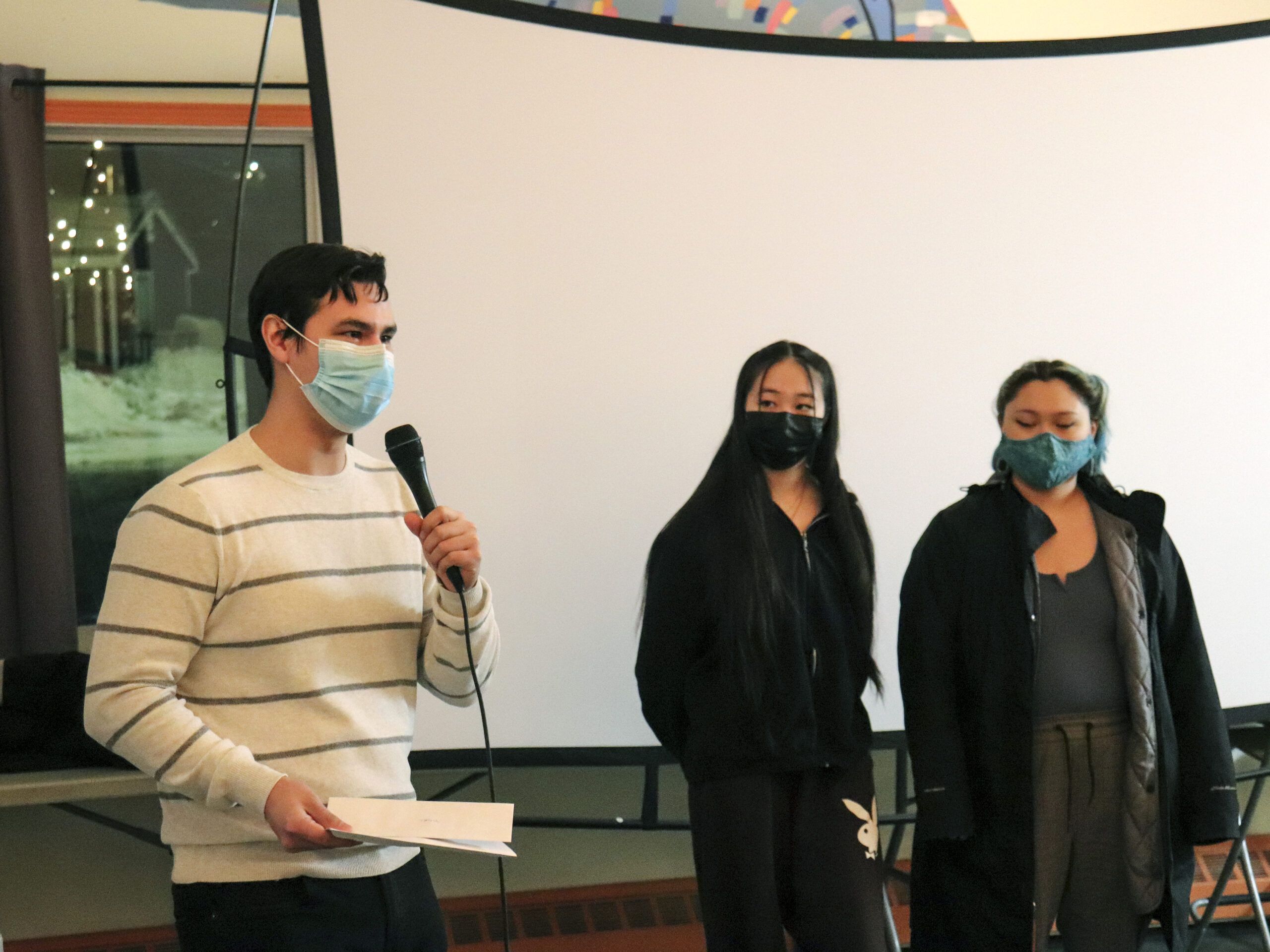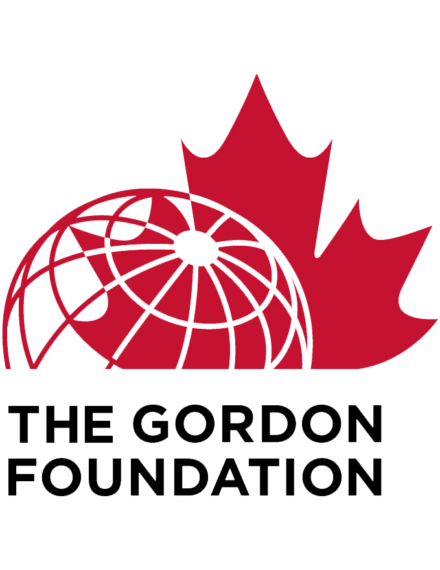
With shockingly high suicide numbers in Nunavut, youth must be involved in vital changes to the territories’ suicide prevention plan, according to new research from Jane Glassco Northern Fellow David Korgak.
Korgak, born and raised in Iqaluit, is an advocate for Inuit in Nunavut through his role at Nunavut Tunngavik Incorporated. His research paper, Communication is Key: A Youth-Led Review of the Government of Nunavut’s Interagency Information Sharing Protocol (IISP) for Suicide Prevention, sets out policy and practice recommendations for driving change.
The IISP was developed by the Government of Nunavut to enable agencies and communities to work together to help address the suicide epidemic in the territory. While Canada’s average annual suicide rate is 11 per 100,000 people Nunavut’s is 117 per 100,000, while for Inuit males aged 15 and 29 the rate is almost 40 times the national figure.
Korgak notes the IISP is not being meaningfully implemented, with issues including a lack of communication within and between government agencies and inadequate training. He worked closely with Nunavut youth, who created a short film showcasing their work, to review the IISP.
The youth’s recommendations include making IISP training mandatory for all service providers in departments signed to the protocol and ensuring the IISP is published publicly with information easily accessible by anyone.
Korgak’s paper explains that while the protocol and recommendations are not enough to solve Nunavut’s suicide crisis, they could be an effective mechanism to provide holistic, wrap-around support.
“David’s paper is a call to action on this vital, but often hidden, issue,” said Sherry Campbell, President and CEO of The Gordon Foundation, which runs the Jane Glassco Northern Fellowship. “David’s professional expertise and involvement of youth in his research mean his paper contains innovative and practical policy solutions.”
The Jane Glassco Northern Fellowship is a policy and leadership development program recognizing leadership potential among northern Canadians aged 25-35 that has been running since 2010.
Korgak is part of the fifth cohort of Fellows, who receive policy skills training, mentorship, and networking opportunities as they undertake individual public policy research.
The paper’s Policy Recommendations are:
- Make IISP training mandatory for all service providers in departments signed to the protocol.
- Expand protocol to include youth centre or community wellness staff in communities and include them in training.
- Identify more levels of risk and timelines for follow-up associated with each level.
- Ensure there is a guide to outline roles and responsibilities and allow for frequent interagency meetings.
The paper’s Practice Recommendations are:
- Permanently designate Inuusivut staff as essential workers due to the ongoing suicide crisis in the territory.
- Continually offer IISP training throughout the year in any form appropriate, whether virtually or in-person.
- Staff IISP-related positions indeterminately, with housing benefits, and include a signing bonus for Inuit who are hired into those positions similar to the signing bonus of nurses.
- Require all relevant staff in the Inuusivut division to be trained to deliver IISP training and to track the number of participants in IISP training when it is delivered.
- Guarantee that staff who may be working from their communities will not find language to be a barrier in participating in interagency meetings.
- Ensure the IISP is published and made available to the public and that the information can be easily accessed by anyone.
For more information and interview opportunities please contact:
Gordon Shallard-Brown, Communications Manager, The Gordon Foundation
[email protected] 416.601.4776 ext. 230.

